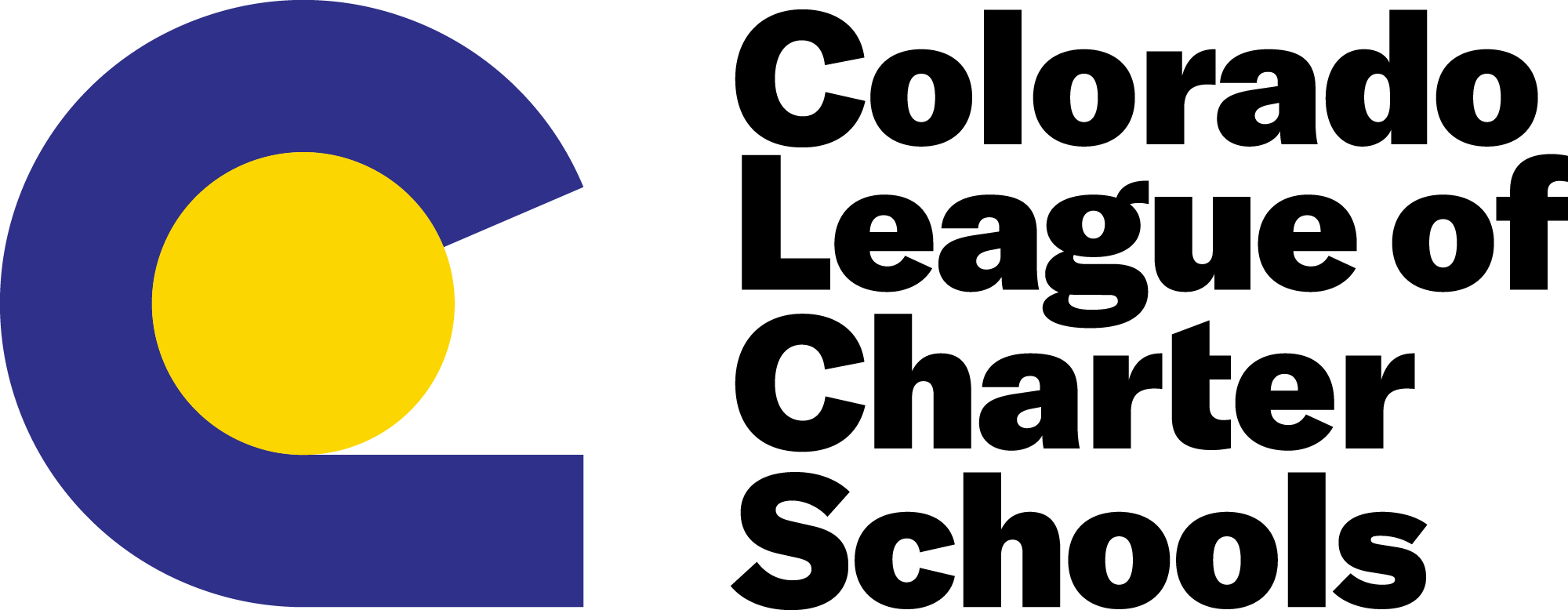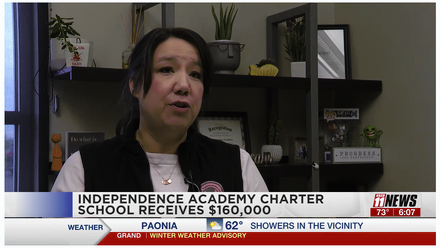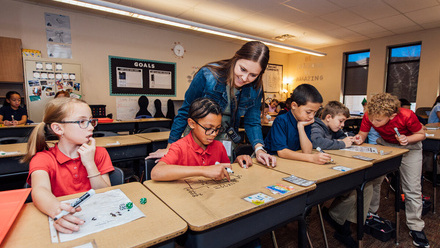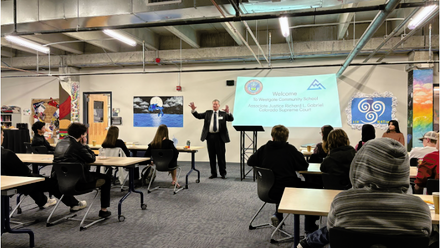Post-Election, my Three Hopes for the Future of DPS
By Dr. Aaron Massey
This election cycle is officially complete. The most populated city in the country, New York City, got its first Muslim mayor. Virginia got its first woman governor.
Though there had been some tension, here in Denver, Proposition LL and MM overwhelmingly passed – protecting the Healthy School Meals for All program. And the candidate you voted for school board either won or lost.
How do you feel about that? Excited? Shocked? Confused? All valid feelings, per my therapist. Many people, from candidates to volunteers, spent a lot of time, effort, money, and hope on a better future for children.
But to keep things in context, we are now on step two of the “better future for children” journey. If you are a Denver school board candidate who won (or supported a candidate who won), your party ended when you finished your last champagne flute. And if you are a candidate who lost (or supported a candidate who lost), your disappointment, though real, doesn’t get to take the main stage.
I’m glad elections aren’t the end all, be all. Winning a seat doesn’t mean we’ve solved the equity gaps that have persisted/grown for years. And losing doesn’t mean you don’t have a critical role in the ecosystem.
Simply put, I hope the glow of victory and the pain of defeat doesn’t undermine our ability to work together for children and for the community.
In fact, I have three hopes.
(1) I hope the DPS board prevents/reduces the gap between board policy and the lived realities of children and families.
Communities have dealt with elected officials who have a clear vision, great intention, and deep desire to make an impact – but poor communication skills. Then layer on things like a lack of transparency and you have yourself an early schism between those who voted for you based on your ideals and your decisions as a leader.
In recent years, there has been tension with how the board sets boundaries around school closures, for example. Understanding that schools are community hubs, creating authentic opportunities to elicit feedback to set parameters should be within board members’ abilities.
Early and often advertisement of the opportunity community members have to participate in feedback sessions – in the decision-making window – is also an effective way to prevent a schism between board policy and lived realities.
A secondary hope I have within this one is that those of you who won and those didn’t can develop/maintain lines of communication. You might have had different viewpoints, but you both want better for students.
(2) I hope the board maintains a high level of awareness of the interconnectedness of public systems and public school systems – as that may support the implementation of policies that the board creates.
On one level, knowing how many students leave school and go to the rec center on a regular basis, what programs they are highly engaged with in the community, and what makes them feel safe at other public institutions can only be beneficial to your vantage point as a leader.
On a deeper level, let’s look at the relationship between SNAP eligibility and Free/Reduced Lunch. SNAP eligibility is a “direct certification” for free school breakfast and lunch. That means that families that qualify for SNAP automatically qualify for free school meals (As opposed to needing to fill out cumbersome paperwork).
If, say, changes are made to SNAP benefits in a substantive way, that could impact the number of students who can eat for free. Luckily, the Colorado Department of Education’s’s Healthy Meals For All program, in many ways, provides a safety net in this scenario (Thanks, CDE!). But not knowing the relationship between these two entities could have easily led to families suffering in a variety of ways.
Having an awareness of the social and structural interdependence of public school systems and public institutions is critical.
And somewhat connected to the first (and something you all are probably tired of hearing me say):
(3) I hope that board members look deeper into the human resources that exist in this community; and past organizational affiliations.
I KNOW that what candidates ran on is a small percentage of what they actually believe. The emotions of winning or losing could easily lead to an “us or them” dichotomy.
But to students, it’s just all of us adults. To families, it’s all educators. That’s what makes this a system. Moreover, I hope that board members recognize their responsibility to families that did not vote for them and not just pander to those who did. Again, we are a system.
We all have personal and organizational goals, beliefs, and values that we operate with. And some of those things will oppose each other.
But the conversations we haven’t had hold the key to solutions we haven’t created with and for children.

Dr. Aaron Massey is an education scholar, leadership coach, and equity practitioner/facilitator. In his current role as Managing Director of Leadership Development at Teach For America, he is focused on preparing early career teachers to be effective leaders in the classroom and in communities. This article originally appeared in Boardhawk.






